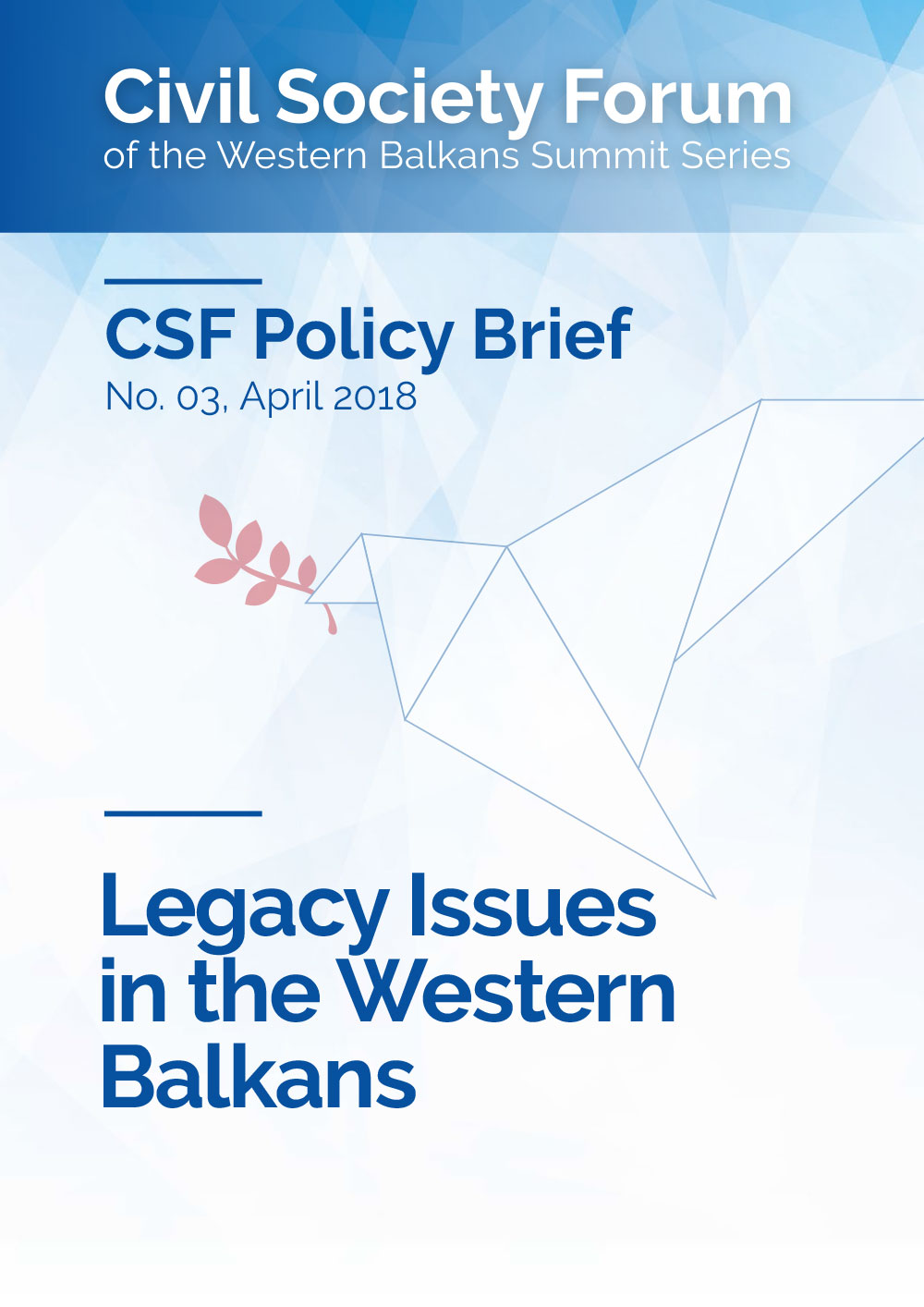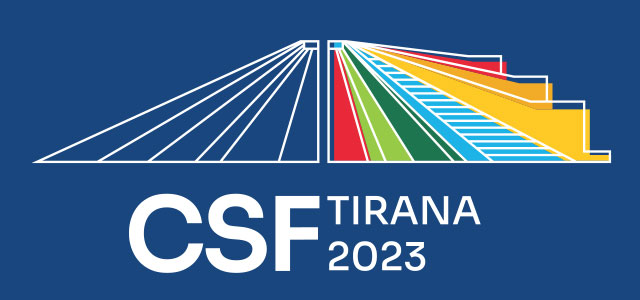| Jovana Marović

Resolution of bilateral disputes between the Western Balkan (WB) countries and with the European Union member states, besides the establishment of reconciliation and overcoming the heritage of the past, is key for good neighbourly relations and faster integration of all WB countries into the EU. If we take into consideration the new momentum in the enlargement process and the indicative framework for moving from one to the next integration phase until 2025 offered by the 2018 EU-WB Strategy,1 the fulfilment of the preconditions for this is becoming increasingly urgent. A group of non-governmental organizations, individuals, and nearly 600,000 citizens of the region believe that the process of reconciliation would accelerate the establishment of the regional truth and reconciliation commission, whose work and findings would enable the strengthening of other elements that would lead to reconciliation (criminal justice, education, and civil society and media engagement). As far as bilateral disputes are concerned, each of them requires special approach and instruments, but EU-level support, efficient monitoring and reporting tools both at national and regional level would certainly speed up their resolution.
